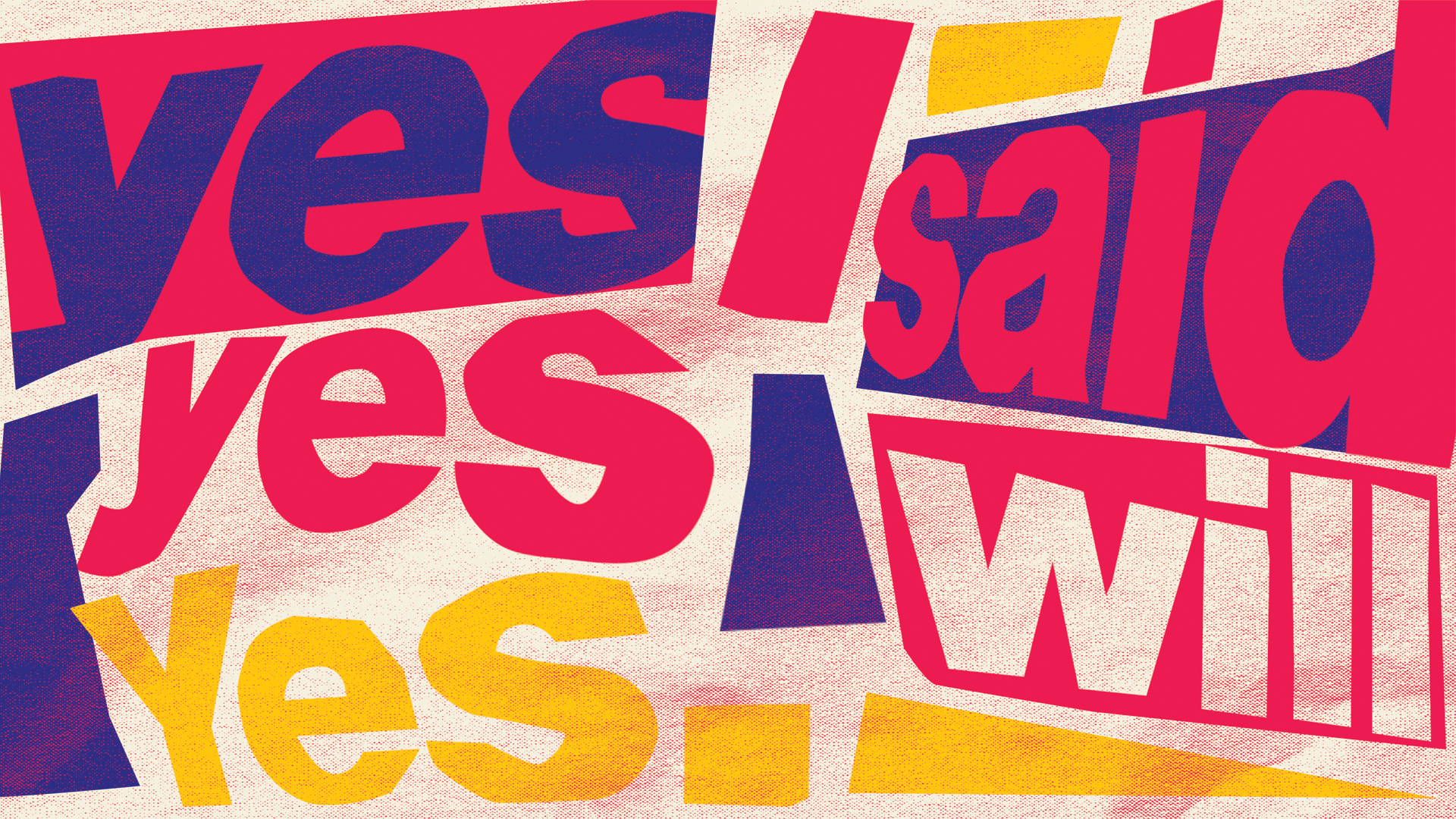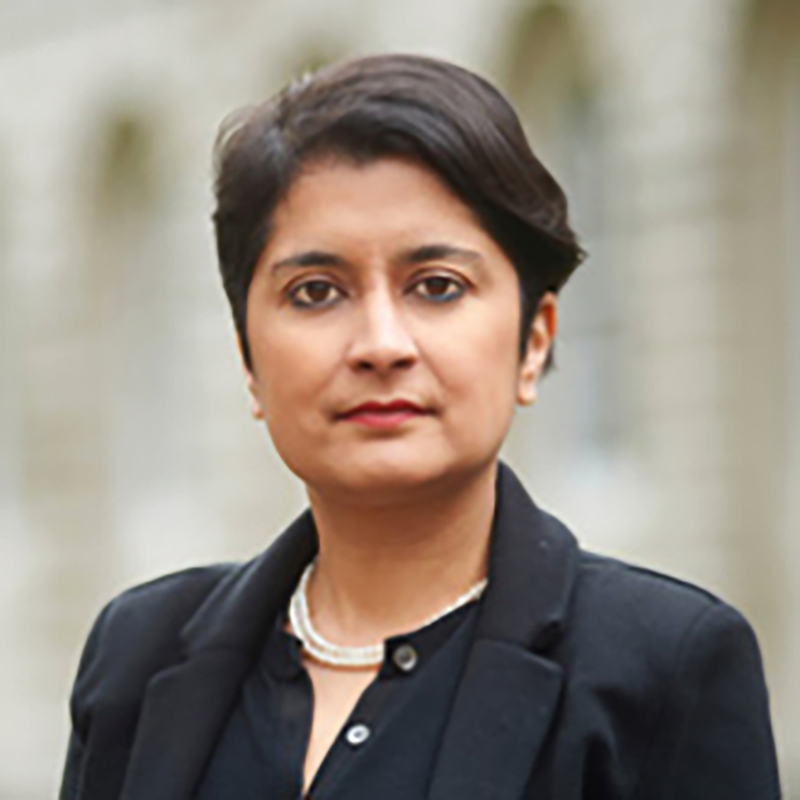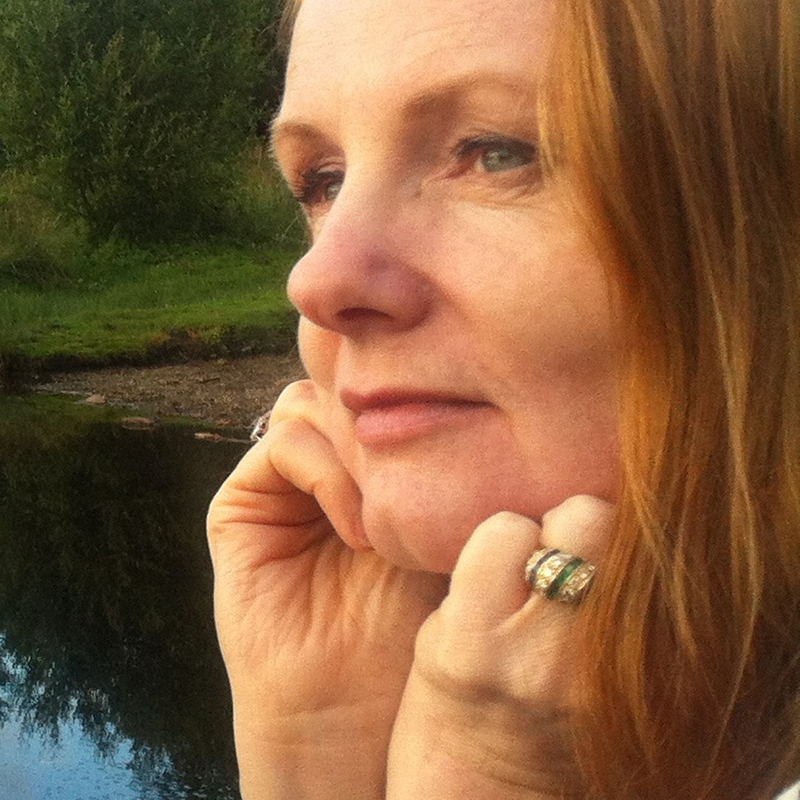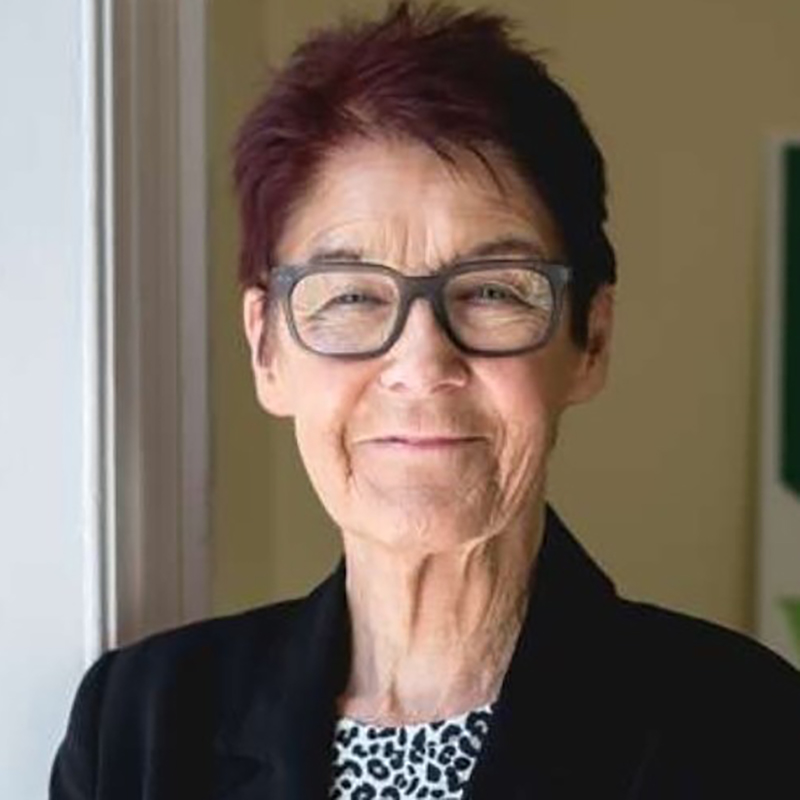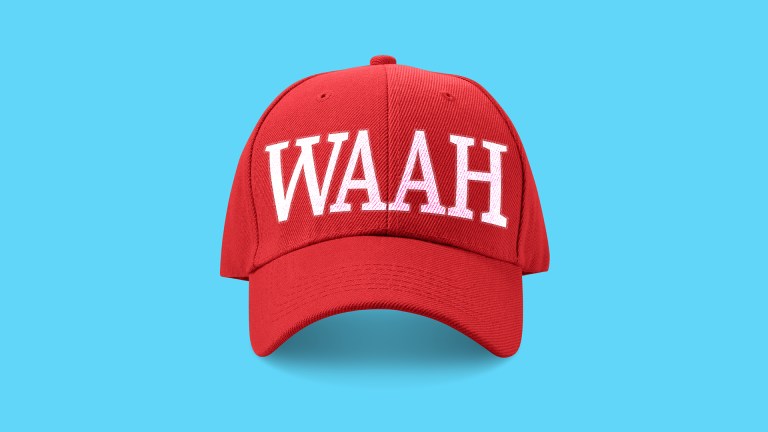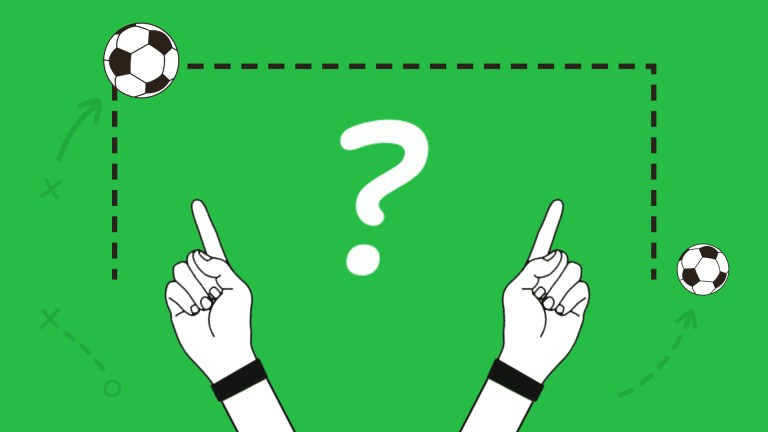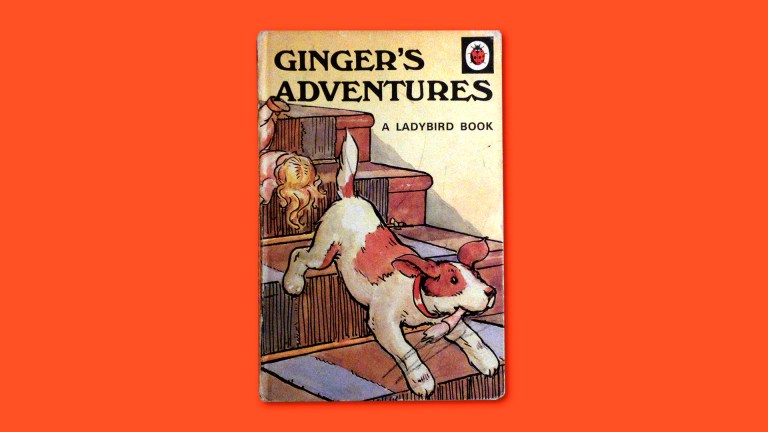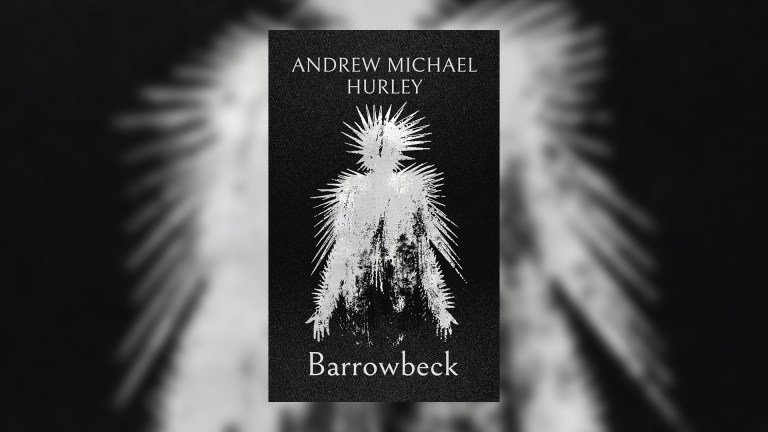I use ‘he’ deliberately here. The ‘far right’, ‘extreme right’ groups (typically those who are anti-immigration, anti-choice, anti-LGBTQ+, often climate change deniers, Covid 19 deniers, and who favour authoritarian, strongman politics) are dominated by men: the so-called white supremacist capitalist patriarchy.
Incredibly, Ireland still stands at no 103 on the global list for women’s representation in politics. This, despite the contribution of revolutionary women who fought for our independence more than a century ago.
In my day job with Women for Election I help support women north and south, to take that step forward and run for election. In the past year alone, we’ve run workshops with hundreds of candidates, many of them now on the ballot papers.
Despite the disinformation; despite the threats (usually worse against women); despite the barriers for women to enter politics (culture, cash, candidate-selection, (child) care and confidence), women are coming forward to represent their communities in the greatest numbers ever (more than 655 women candidates in the local elections on 7 June).
We make up 50% of our population but have only one quarter of the seats at the decision-making tables. It is not revolutionary to say that we, as a society, must now fix this democratic deficit. We need to reshape our democracy. We need to research the talented, strong and capable women who have come forward. And we need to vote them into power.
Maybe then we can get some sleep.
Baroness Shami Chakrabarti
Barrister, human rights campaigner, former director of Liberty and Labour peer
The grave threat to our fundamental rights and freedoms literally keeps me awake at night. After the devastation of World War Two the international community united to enshrine fundamental rights to refuge, health, education and living standards. They protected privacy, fair trials and free speech and outlawed torture, slavery and discrimination. Their goal was greater global justice, equality and peace. Universal human rights as reflected in the European Convention on Human Rights have been particularly important in the island of Ireland, not least for their uniting effect and because they are baked into the precious Good Friday agreement. That settlement is now under attack, just as we are threatened by war, inequality, new tech and climate catastrophe, crises human rights can help us address. To believe in human rights is to believe in human beings. If they – and we – are to survive, these rights must be owned and understood by everyone.
Human Rights: The Case for the Defence by Shami Chakrabarti is out now (Penguin, £20)
Martina Devlin
Novelist and newspaper columnist, curating the No Ordinary Women strand of YES
My nine-year-old tabby Chekhov sees me as his serf which is the natural master-slave dynamic between cats and humans a view of our relationship hardwired in him at birth and its outworking involves Chekhov regularly waking me around 4am to unlock the back door then open the garden gate to allow him to patrol the neighbourhood an essential element of his feline duties as the local top cat he rips me from the arms of Morpheus by reaching up and inserting his paw beneath the duvet and applying the tip of one claw to the padded underside of my big toe exerting precisely enough pressure to startle me awake but not sufficient to break the skin or draw blood and in so acting makes my mind a house divided while one side of my brain admires his judicious use of power to achieve his ends specifically his ability to jumpstart me into consciousness without making me howl in pain the other half of my mind wishes he’d use the cat flap installed specifically to give him independence as regards entering and exiting the house but if wishes were horses beggars would ride as my granny always said and consequently a puss with a formidable sense of mission for nocturnal scouting exercises allied to a marked reluctance to avail of a cat flap designed to cater for him and no other is mostly what keeps me awake at night because once roused I struggle to sink back to sleep and at that point I sometimes fret about climate change and the fate of the planet although equally I might lie in bed fuming about an unused cat flap.
Ailbhe Smyth
Academic, feminist and LGBTQ, she was a co-director of the Together for Yes referendum campaign on abortion reform in Ireland, for which she was named one of the TIME 100, most influential people in 2019 list
What keeps me awake at night? It always anxiety, starting with my own mundane worries and fears about family, friends, work, politics, my health and my own mortality (no escaping that one as you get older). As the night wears on, more intractable anxieties crowd in pell-mell, and I have to say the past few months have not been good for sleeping. Given the dreadful state of the world, I don’t know how we can sleep at all.
What disturbs me most is our unwillingness to solve the problems besetting us. We have ample capacity to stop global warming and the appalling damage it’s inflicting most especially on those who have least. But they’re elsewhere, those people, those communities, those regions, so we drag our heels and keep on burning those profit-making fossil fuels. We’re doing nothing serious here in Europe to close the increasing global wealth and inequality gap, affecting women, children and minorities most acutely. How dare we speak of ‘global progress’?
How can I sleep when I know that just down the road people who have travelled far in search of succour are forced to sleep in tents. I read about a young Afghan man who says: “I am not sleeping. Fifteen people on bicycles, masks on. I am every night not sleeping, I am scared.”
How can I sleep when brutal wars are on the rise in the 21st century? Above all, how can I get out of my head the image and the words of a young Palestinian woman in Gaza, absolutely distraught at the horror of Israel’s genocidal war against her people: “Is there anyone who can help us? Is there anyone who even sees us? God, take our souls.”
In my wakefulness, I feel a moral responsibility to keep watch, to bear witness, to resist willed ignorance. I could go on and on, and in the night-time dark there’s no word limit, so I do. It all swirls around making me anxious and, most of all, very angry. And that’s a good thing. I should be angry. I should not and must not and will not accept the state of the world as a given. It has to change.
We have to resist and protest against a world where moral indecency, even moral collapse, holds sway. We have to keep fighting, all together in solidarity, to end the cruelty, violence and brutality. We have to go on fighting to make a better, fairer, kinder and more equal world. Then we could sleep the sleep of the just, but not until then.
All the contributors above will be in conversation at YES, a new all-women festival in Derry~Londonderry and Donegal running from 13-16 June, YES will culminate in the first ever ‘Molly Bloomsday’, an epic 18-hour finale transposing the famed Dublin locations of Ulysses to new places north of the Irish border.

